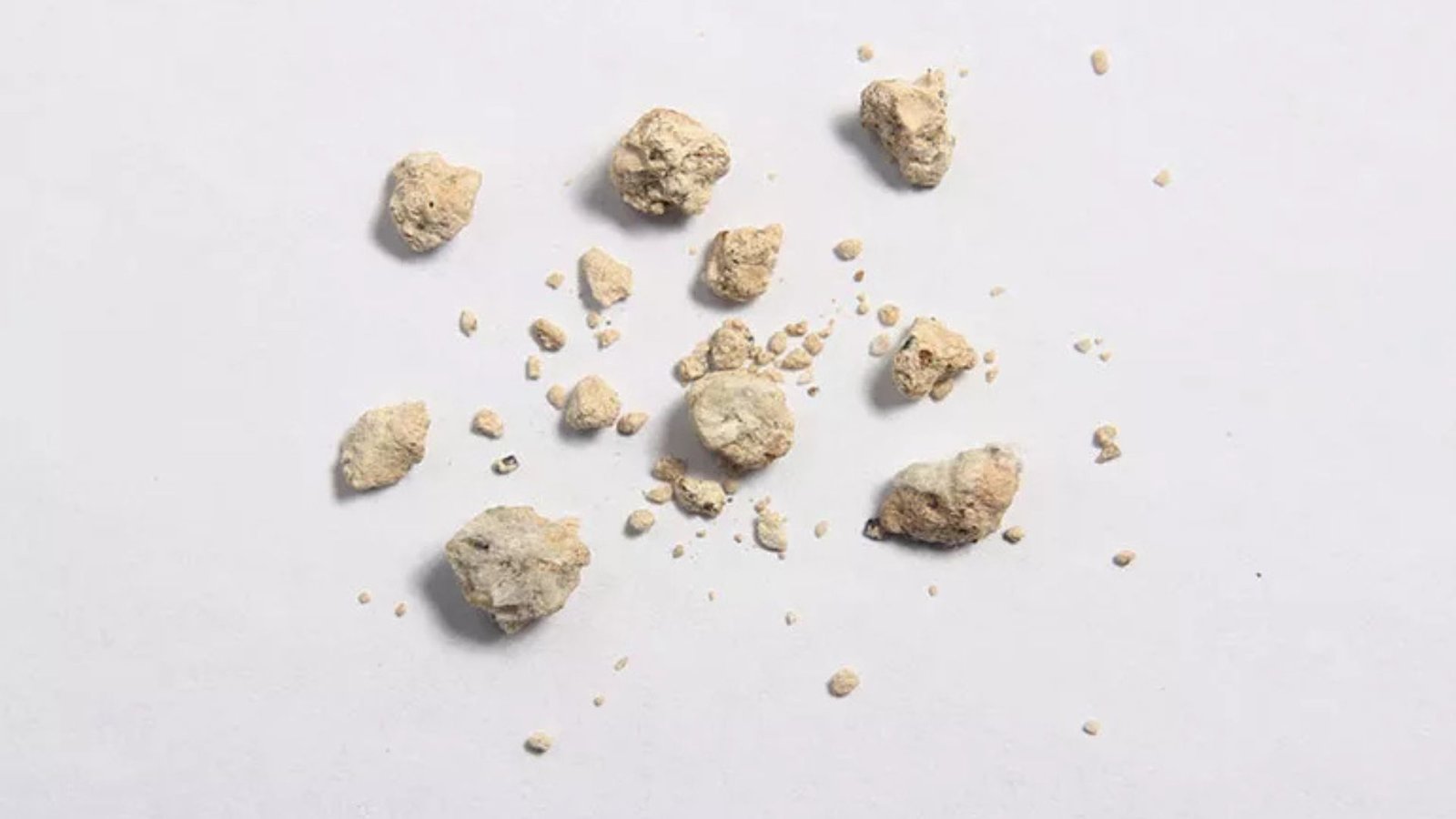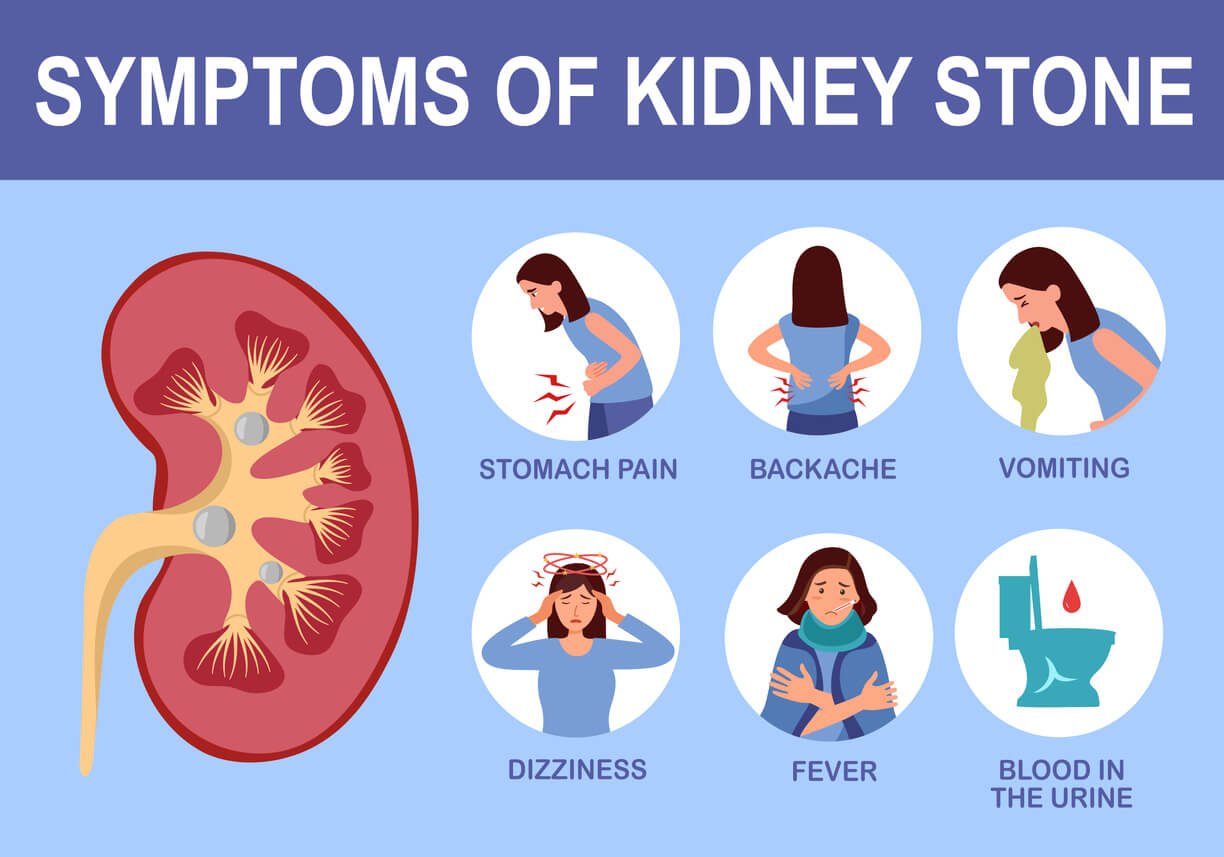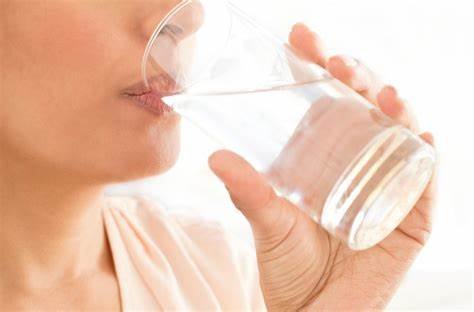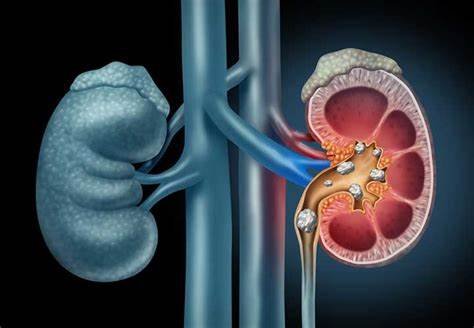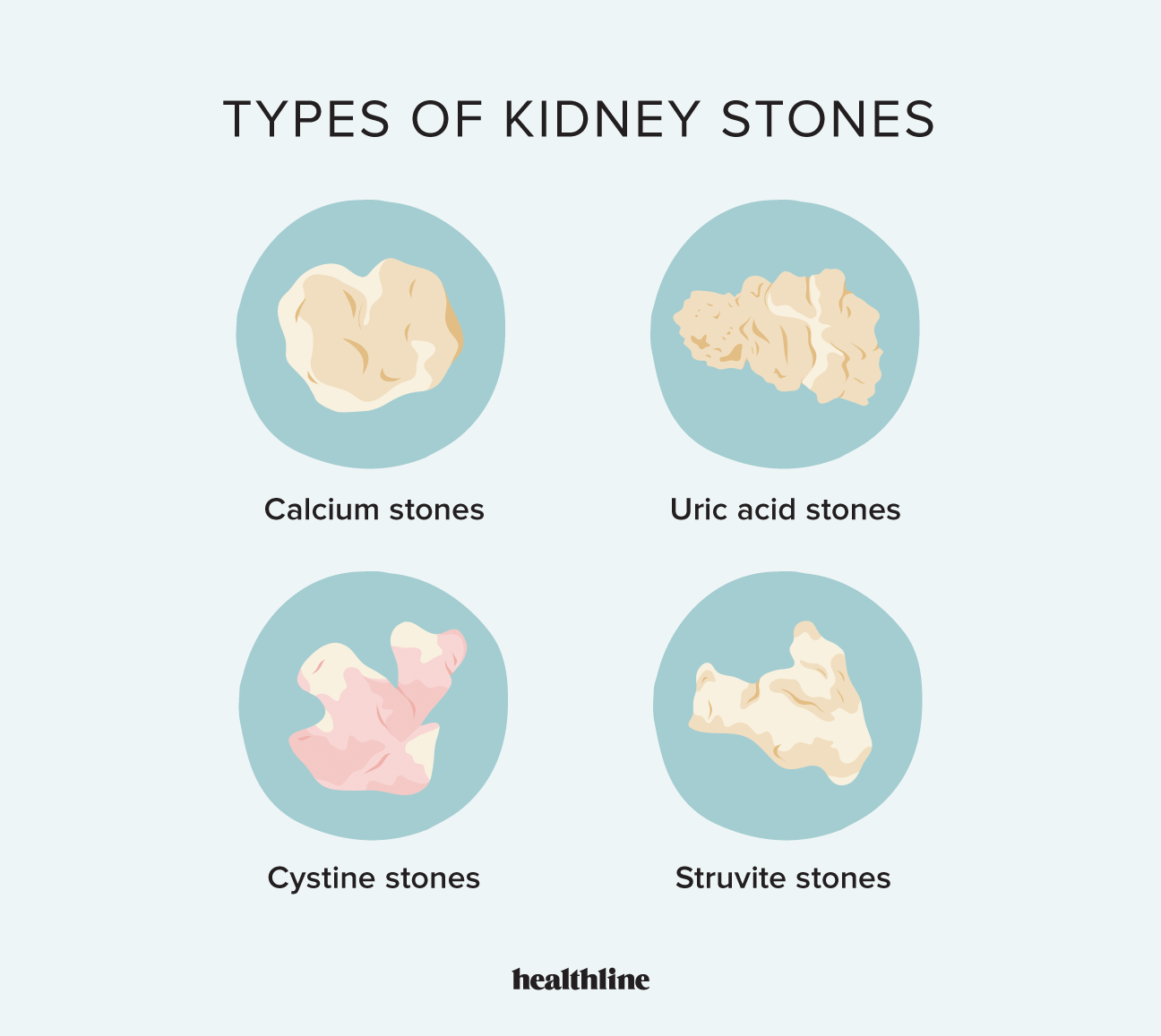Kidney stones are hard deposits made of minerals and salts that form inside the kidneys. These stones can vary in size and cause severe pain when they pass through the urinary tract. Kidney stones are a common health problem that can affect anyone, but they are more common in men than women. Understanding the causes of kidney stones and how to prevent them is crucial for reducing your risk of this painful condition. In this article, we will explore the factors that contribute to kidney stone formation and effective prevention strategies.
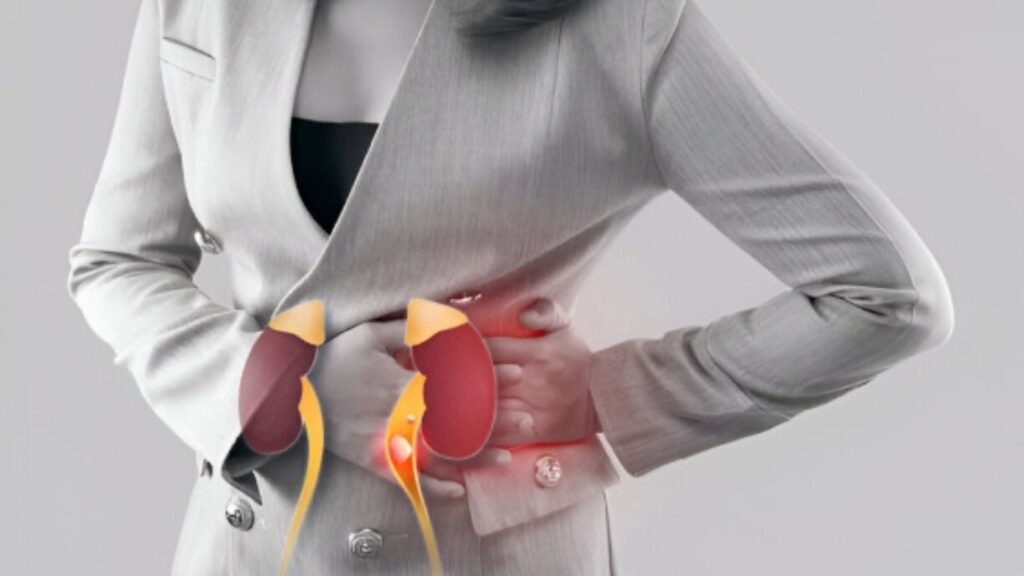
What Are Kidney Stones?
Kidney stones are solid crystals that form when the urine contains high levels of certain substances, such as calcium, oxalate, and uric acid. Normally, these substances dissolve in urine, but when they become too concentrated, they can crystallize and form stones. Depending on the composition of the stone, they can be classified into different types:
- Calcium Stones: The most common type, often made of calcium oxalate.
- Uric Acid Stones: Formed when there is too much uric acid in the urine, often associated with a high-protein diet.
- Struvite Stones: Often caused by urinary tract infections (UTIs).
- Cystine Stones: Rare, but they form in individuals with cystinuria, a genetic disorder that causes excess amino acids in the urine.
What Causes Kidney Stones?
Several factors contribute to the formation of kidney stones. Some of the primary causes include:
Dehydration
One of the most significant causes of kidney stones is dehydration. When you do not drink enough water, your urine becomes more concentrated, increasing the likelihood that minerals and salts will crystallize and form stones. The more hydrated you are, the more diluted your urine becomes, reducing the chances of stone formation.
Diet and Nutrition
Diet plays a crucial role in kidney stone formation. Consuming excessive amounts of certain foods and drinks can increase the risk of kidney stones. For example:
- High Sodium Intake: A diet high in salt can increase calcium levels in the urine, raising the risk of calcium-based kidney stones.
- Oxalate-Rich Foods: Foods like spinach, nuts, and chocolate contain oxalate, a substance that can combine with calcium to form stones. However, not everyone who eats these foods will develop kidney stones.
- Animal Protein: Diets high in animal protein can increase the levels of uric acid in the urine, leading to uric acid stones.
- Excessive Vitamin D: Overconsumption of vitamin D supplements can increase calcium absorption and raise the risk of calcium-based stones.
Medical Conditions
Certain health conditions can increase your risk of developing kidney stones. Some of these conditions include:
- Hypercalciuria: High calcium levels in the urine can increase the formation of calcium-based stones.
- Gout: A condition that leads to high levels of uric acid in the blood, which can crystallize in the kidneys.
- Obesity: Being overweight increases the risk of kidney stones due to changes in urine composition and metabolism.
- Chronic Infections: Frequent urinary tract infections (UTIs) can lead to the formation of struvite stones.
- Digestive Diseases: Conditions like inflammatory bowel disease (IBD) or gastric bypass surgery can affect the absorption of nutrients and lead to stone formation.
Family History
A family history of kidney stones increases your risk of developing them. Genetic factors may influence how your body processes certain substances like calcium and oxalate, making you more prone to stone formation.
Lack of Physical Activity
Inactivity can contribute to kidney stone formation. When you don’t move enough, your bones may release more calcium into your bloodstream, which can increase the concentration of calcium in the urine and lead to stone formation.
How to Prevent Kidney Stones
The good news is that many kidney stones can be prevented through lifestyle and dietary changes. Here are some effective prevention strategies:
Follow a Balanced Diet
A healthy, well-balanced diet can help reduce your risk of kidney stones. Consider the following dietary tips:
- Limit Sodium: Reducing salt intake can help lower calcium levels in the urine. Aim for no more than 2,300 mg of sodium per day.
- Eat Calcium-Rich Foods: While calcium supplements can increase the risk of kidney stones, calcium-rich foods like dairy products, leafy greens, and fortified plant-based milks can help maintain healthy calcium levels in the body.
- Reduce Oxalate-Rich Foods: If you’re prone to calcium oxalate stones, limit foods high in oxalates, such as spinach, rhubarb, and beets.
- Moderate Animal Protein: Limit the intake of red meat, poultry, and fish to reduce the risk of uric acid stones. Opt for plant-based proteins like beans, lentils, and tofu.
- Increase Citrusy Fruits: Foods like lemons and oranges contain citric acid, which can help prevent stone formation by reducing the crystallization of calcium and oxalate.
Conclusion
Kidney stones are a common and painful condition, but they are often preventable through proper hydration, a balanced diet, and healthy lifestyle habits. By staying hydrated, limiting sodium and animal protein, and maintaining a healthy weight, you can significantly reduce your risk of developing kidney stones. If you are prone to kidney stones or have a medical condition that increases your risk, work with your healthcare provider to create a prevention plan that works for you.







